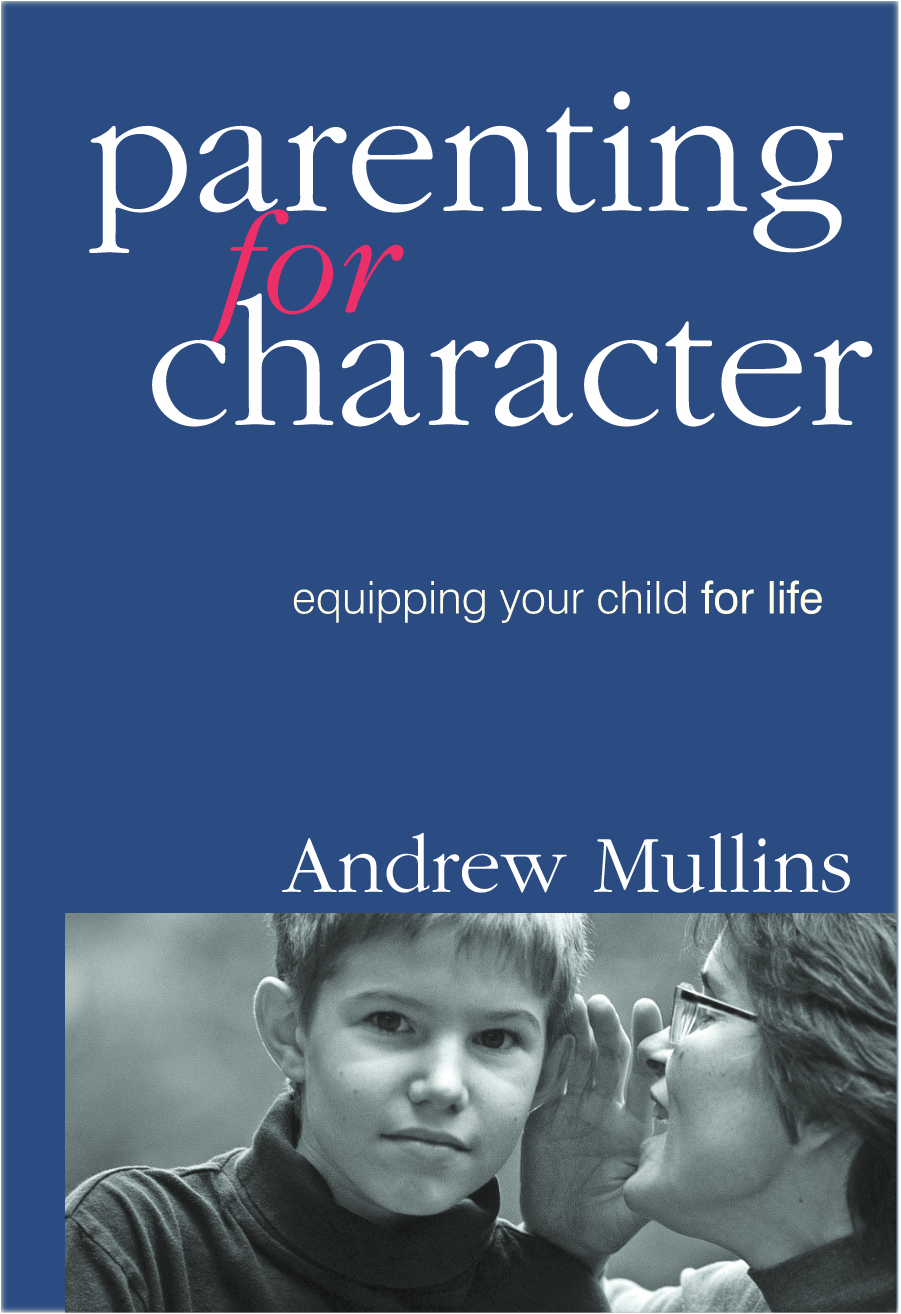Scepter
Parenting for Character
Parenting for Character
Couldn't load pickup availability
Character is very much the sum total of our good habits - habits such as compassion, honesty, optimism, generosity and loyalty.
Parenting for Character is a practical manual to help parents develop in their children qualities necessary for a happy and fulfilling adult life. These include sound judgement, responsibility, self-control, integrity, perseverance, courage and resilience.
In this book, Andrew Mullins, Headmaster of Redfield College, Sydney, argues that parents need to help build character: it does not just evolve. He explores how to encourage young people to think independently and make choices that are good for themselves and others. In his experience, young people are damaged by too readily accepting their peer group's values or messages from the media. They are able to take control of their lives once they acquire well-developed habits of thinking, decision-making and acting. The advice for parents in Parenting for Character is clear and simple: lead by example, ensure that good habits are encouraged repeatedly, nurture the spiritual dimension in your life, and show love and affection to your partner and children.
The book draws on parenting principles from classical times to the present and offers advice from many sources including Plato, Aristotle, Plutarch, Confucius, Cicero, Goethe, Winston Churchill and John Paul II.
Share


